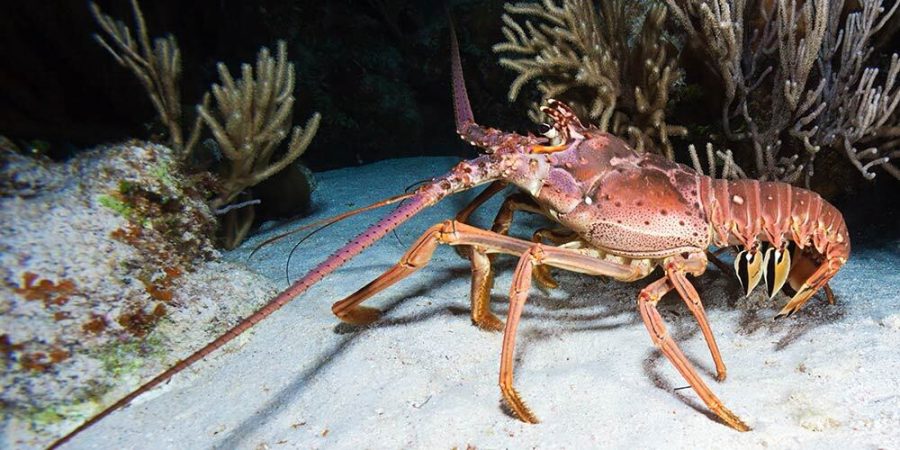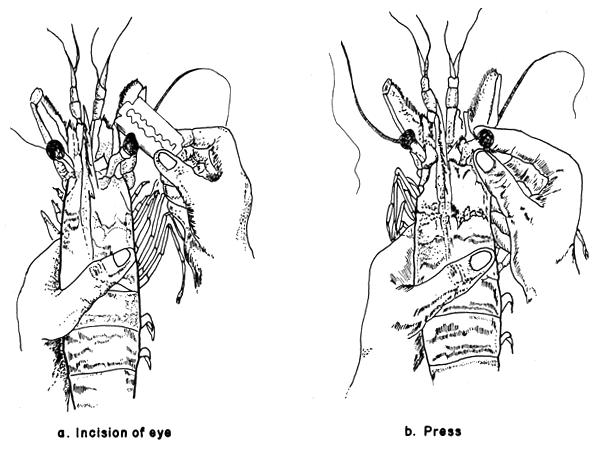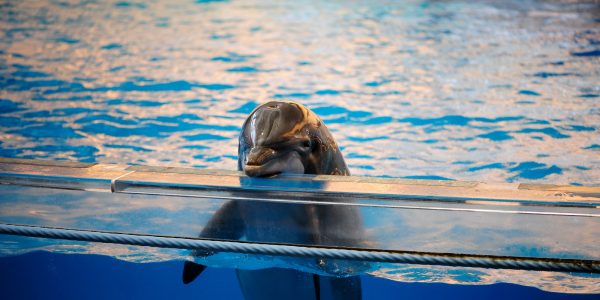Lobsters, octopuses and crabs will receive greater protection in UK law following a report which demonstrates that there is strong scientific evidence that these animals have the capacity to experience pain, distress or harm.
This move follows the findings of a UK Government-commissioned independent review led by Dr Jonathan Birch. The review drew on over 300 scientific studies to evaluate evidence of sentience in cephalopods (including octopuses, squid and cuttlefish) and decapods (including crabs, lobsters and crayfish). ‘Sentience’ is a term used to indicate that a living being is aware, feeling and sensitive.










